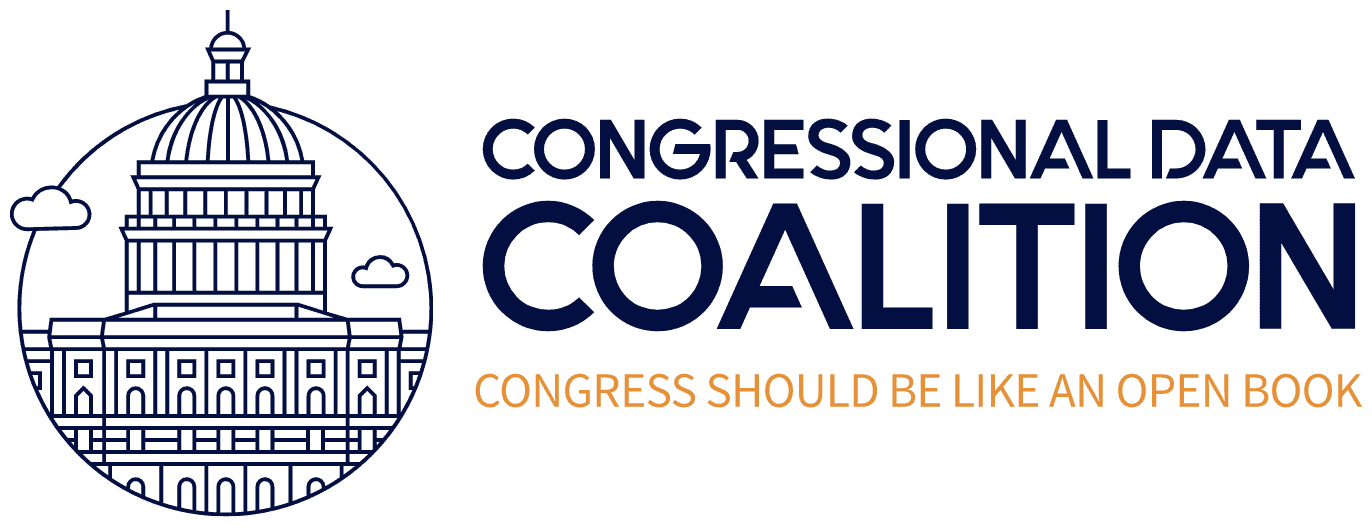Click here to download a PDF version of the paper.
Despite many reforms over time, Congress has struggled to keep up with the pace of technological change and the new burdens it has brought. In particular, because of its distributed governance, legislative branch IT operations must contend with a greater number of coordination problems, inefficiencies, and vectors for process failure. This, combined with growing district sizes and constrained resources, has left Congress’s digital capacity far behind what it needs to keep up with emerging technology trends and support everyday Americans seeking to engage with their representatives.
Continue Reading